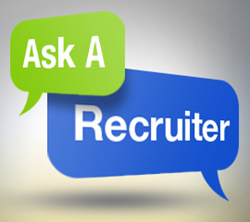 The Job Genius program from Express Employment Professionals is an educational video series that offers insights on the job market and how to get a job. The video series includes information on writing your resume, finding job opportunities, interviewing, and more.
The Job Genius program from Express Employment Professionals is an educational video series that offers insights on the job market and how to get a job. The video series includes information on writing your resume, finding job opportunities, interviewing, and more.
No matter how long you’ve been searching, you know the important role your resume plays in helping you land interviews and get noticed by employers. Your resume and job applications can make or break your chances of standing out from the competition, so it’s important to know how to display your experience, education, and skills effectively.
To help perfect your resume, check out the Job Genius video below for more information on documenting the skills employers want to see, using keywords that get you noticed, and more.
To check out other videos in this educational series, visit ExpressPros.com/JobGenius.
Movin’ On Up is brought to you by Express Employment Professionals.







